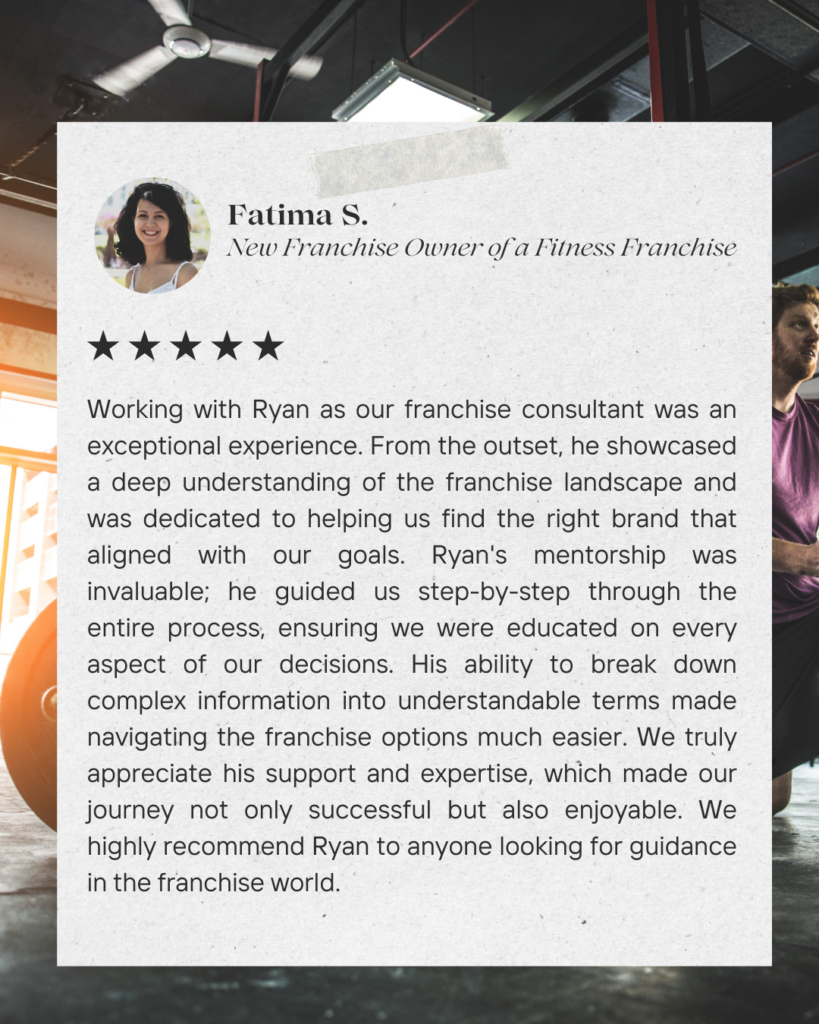You’re a professional, you’ve built a career, and you’re likely thinking, “What’s next?” You’ve got the drive, the discipline, and the ambition – qualities that translate beautifully into business ownership. But, you’re smart. You’re not going to jump into just anything.
This particular business concept has captured my attention, and I believe it warrants yours as well.
Consider a business that solves a universal problem: those unavoidable damages in every home and commercial space. We’re talking about taking something that’s often a headache – damaged walls and ceilings – and turning it into a seamless, stress-free customer experience.
It’s important to recognize that homeowners, renters, landlords, and trade professionals all require this service. Leaky pipes, DIY mishaps, moving furniture – life happens, and walls take a beating. This brand has carved out a niche by specializing in the “small-job” repairs that big contractors often ignore. They’ve streamlined the process, offering quick, efficient, and high-quality solutions.
Now, here’s where it gets interesting for you. This isn’t your typical franchise. It’s a low-investment, high-potential opportunity with a scalable model. You can start small, work from home, and grow your team as demand increases. The training and support are top-notch, equipping you with the skills and knowledge to run a successful business, even if you’ve never held a drywall knife in your life.
What really struck me is the untapped potential. This brand is filling a massive need in a market where the competition is minimal. They’ve built a proven system that allows franchisees to achieve high-profit margins and build a thriving business.
And let’s be honest, you’re looking for more than just a paycheck. You want control, flexibility, and the satisfaction of building something meaningful. You want to leverage your skills and experience to create a business that aligns with your lifestyle and goals.
This isn’t just about fixing holes in walls; it’s about building a solid, scalable business that delivers real value to your community. It’s about taking that entrepreneurial dream and turning it into a successful venture.
If you’re a professional ready to explore a business opportunity that offers low investment, high potential, and a proven business model, then this could be your next chapter.
Something to think about:
- Take a moment to truly consider what you want from your next career move. Are you ready to step into business ownership?
- Have you done your research? Explore the potential of niche service-based franchises.
- If you’re intrigued, reach out. Let’s have a conversation about whether this opportunity aligns with your goals.
Don’t let this opportunity pass you by. Your next successful venture could be right around the corner.
Schedule a free consultation call today!







